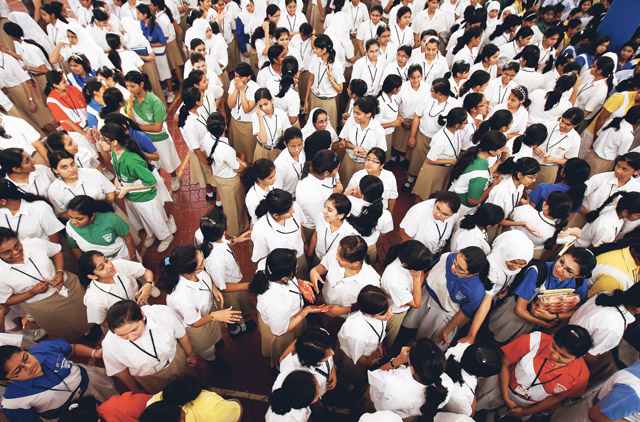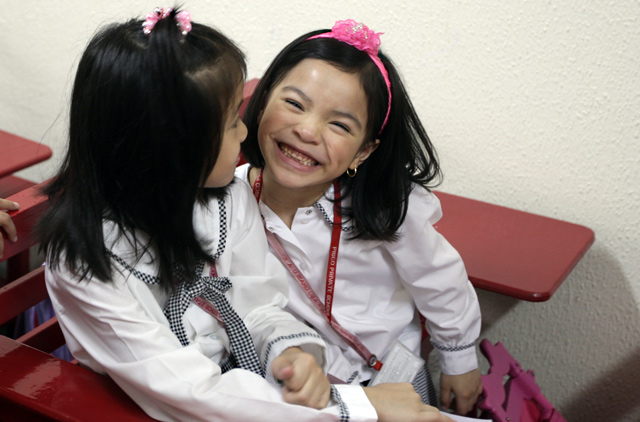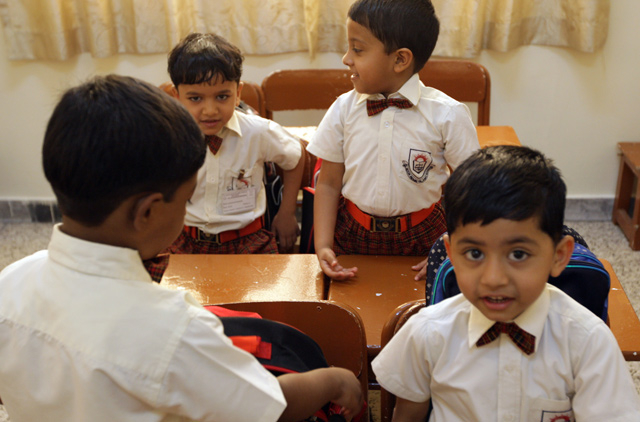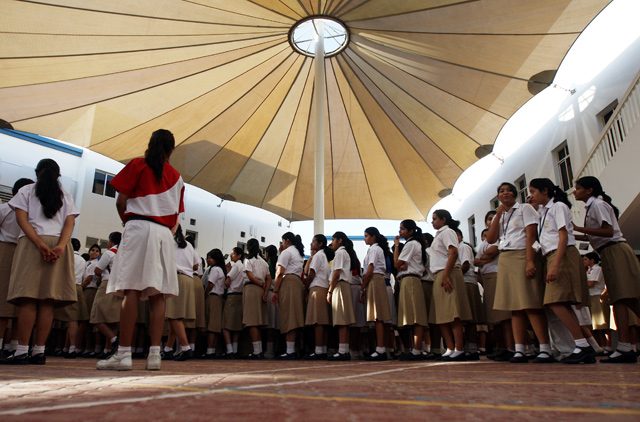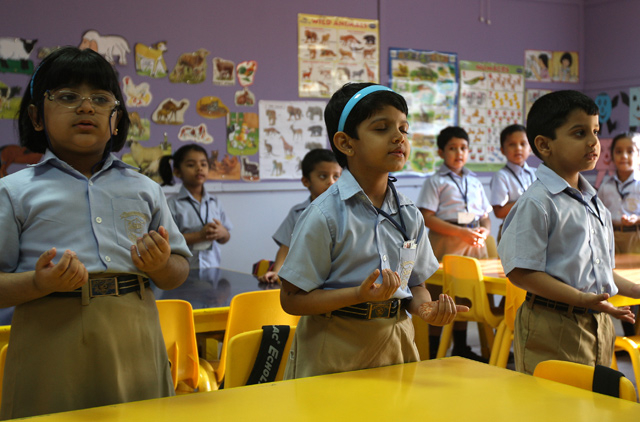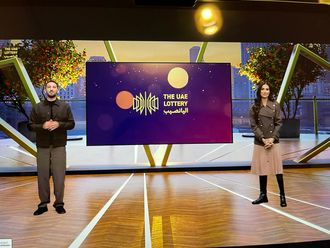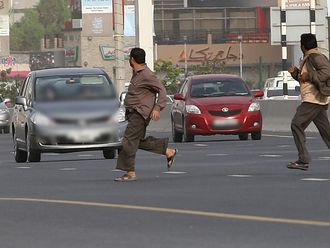
Abu Dhabi: The Ministry of Education will continue to oversee private schools across the UAE under its new structure, Humaid Mohammad Obaid Al Qutami, the Minister of Education, told Gulf News on Tuesday.
"The new organisational structure of the Ministry of Education gives up no powers to the Abu Dhabi Educational Council or the Knowledge and Human Development Authority in Dubai," Al Qutami said.
The education minister was allaying fears that the ministry's power over private schools would be limited in favour of educational councils, under its new organisational structure.
He did not elaborate but said details would be released at a later date.
His Highness Shaikh Mohammad Bin Rashid Al Maktoum, Vice-President and Prime Minister of the UAE and Ruler of Dubai, has given the green light for the Ministry of Education to be restructured. The new organisational structure has been designed to strengthen the education ministry's role in helping develop the field of education.
There are about 474 private schools in the UAE, which oversee nearly half a million students.
Monitoring performance
A WAM report said the new structure is aimed at defining the ministry's role in developing education plans, curricula, examinations and adult education programmes.
The ministry's role was to set up schools and institutes and monitor their performance. Its role was also to help instil a sense of national identity in students, to provide them with the knowledge and skills necessary to help them achieve the aspirations of their country, and to meet the needs of the labour market.
Under the new structure, the ministry has been assigned the task of designing a curricula that helps the community maintain its privacy while being open to scientific developments unfolding around the world.
The Ministry of Education said it started an accreditation process in October 2009 to bring public and private schools in the UAE up to international standards. The accreditation criteria were developed by the ministry in collaboration with the Centre for British Teachers Education Trust.
The process began at 71 schools, of which 65 were accredited in January this year.
Shaikha Al Shamsi, Director of the Licensure and Accreditation Department at the Ministry of Education, said another 40 schools in the northern emirates would be examined from next month .
The process is expected to be completed by 2017. A ministry spokesman said the department's new structure had defined the role of the minister and specified his powers to upgrade the education system.
The structure also defined the creation of the office of the minister, the office of internal audit, and the strategic planning department, in addition to the director-general, plus advisers and experts.
2020 vision
The ministry also has a 2020 vision described as focusing on "improving the educational attainments of students to match the highest global levels through curricula restructuring, and improving the competencies of teaching staff".
An Abu Dhabi Educational Council spokesman welcomed the ministry's new structure, saying it was an attempt to create a more stimulating environment for students in the UAE. The spokesman also said that the Abu Dhabi Education Council's projects would not be affected by the education ministry's new structure.
A ministry spokesman said the new structure also defined the tasks and functions of the Director-General of the Ministry of Education and its affiliated units which include the Office of the Director-General, the Department of Organisational Excellence, the Office of Organisations and International Educational Relations, and Governmental Communication Department and School Districts — plus five executive directors concerned with overseeing the development and implementation of policies, standards and plans.
With inputs from Hiba Haddad, Staff Reporter


